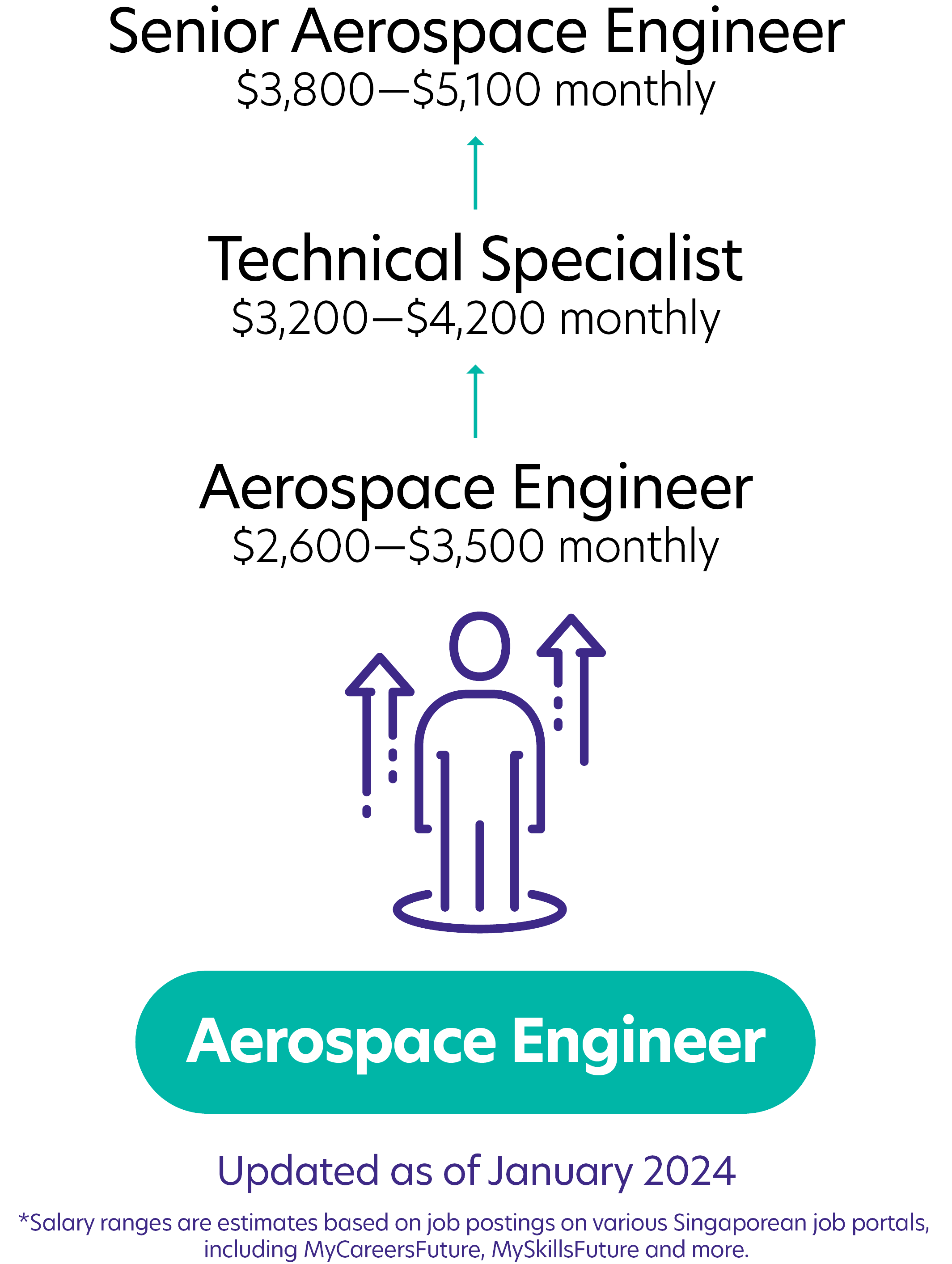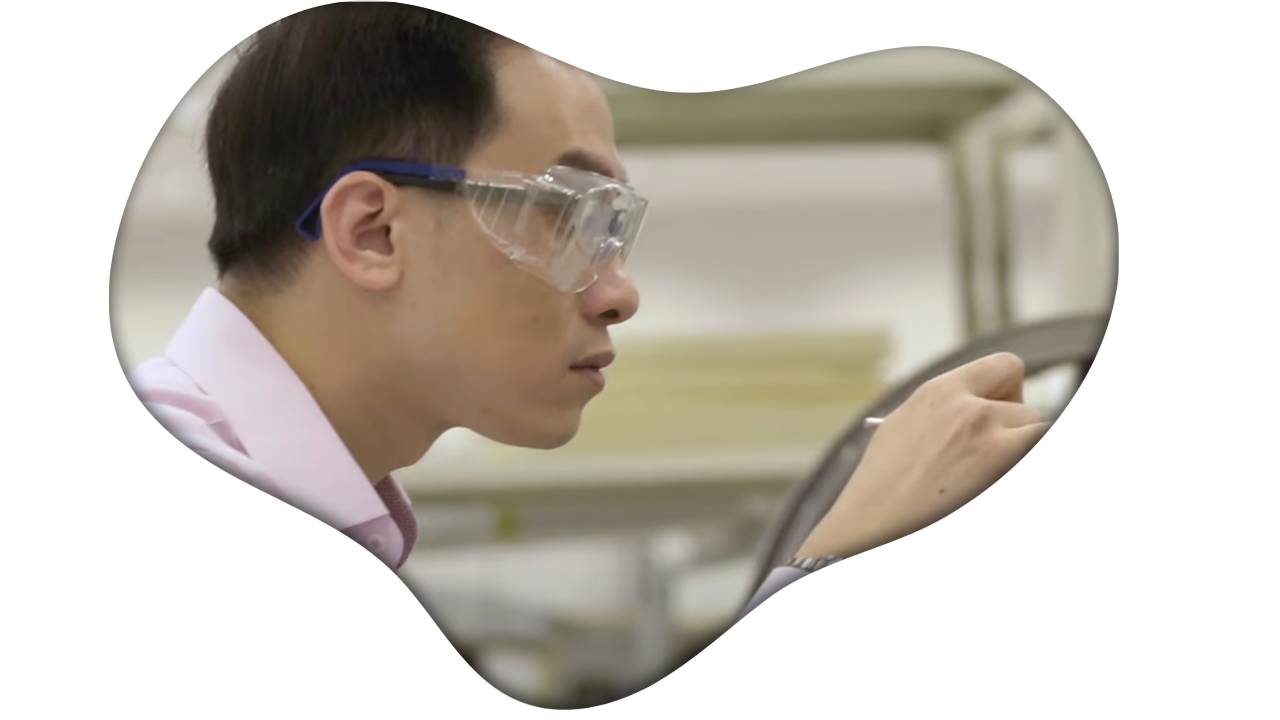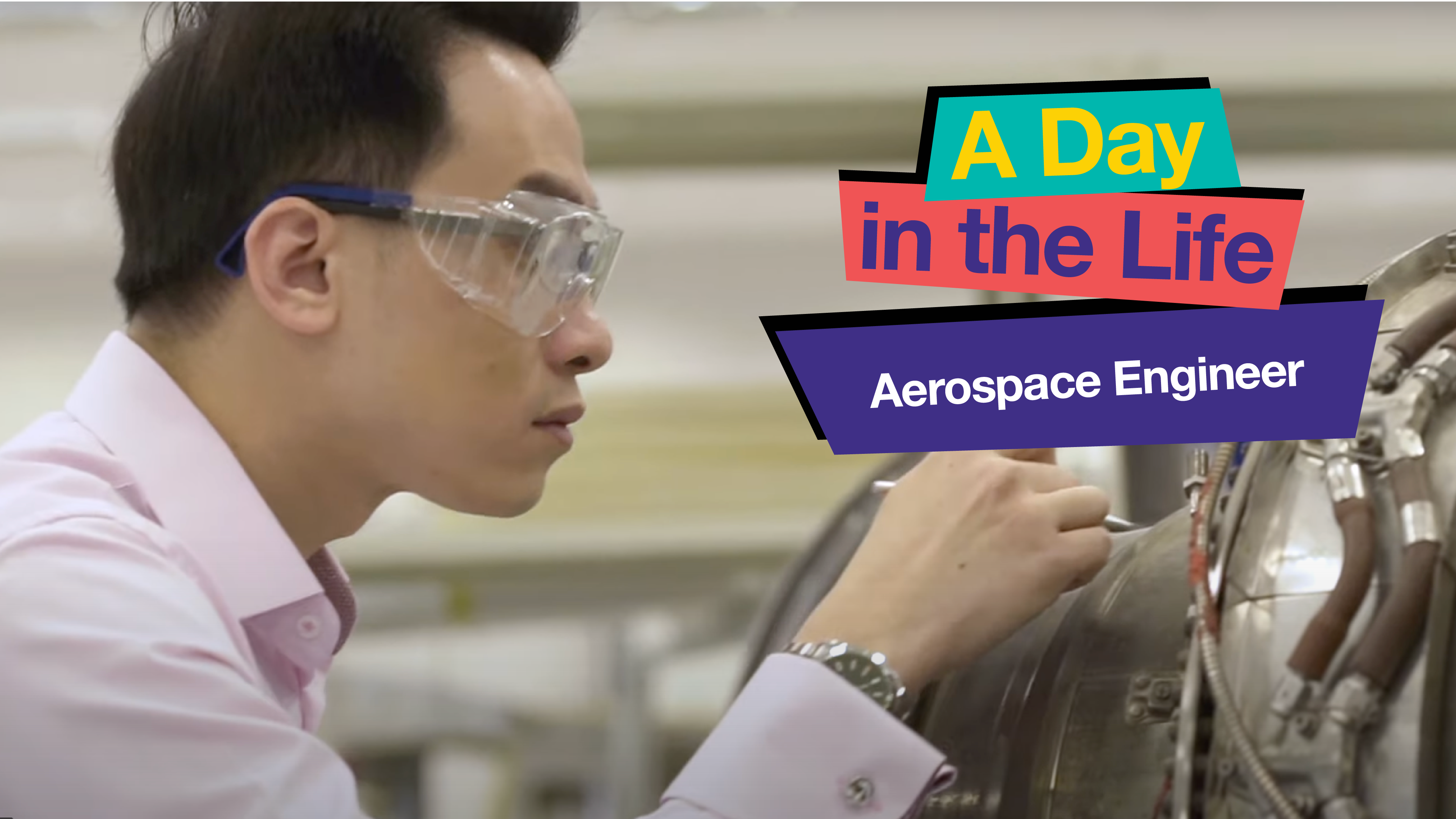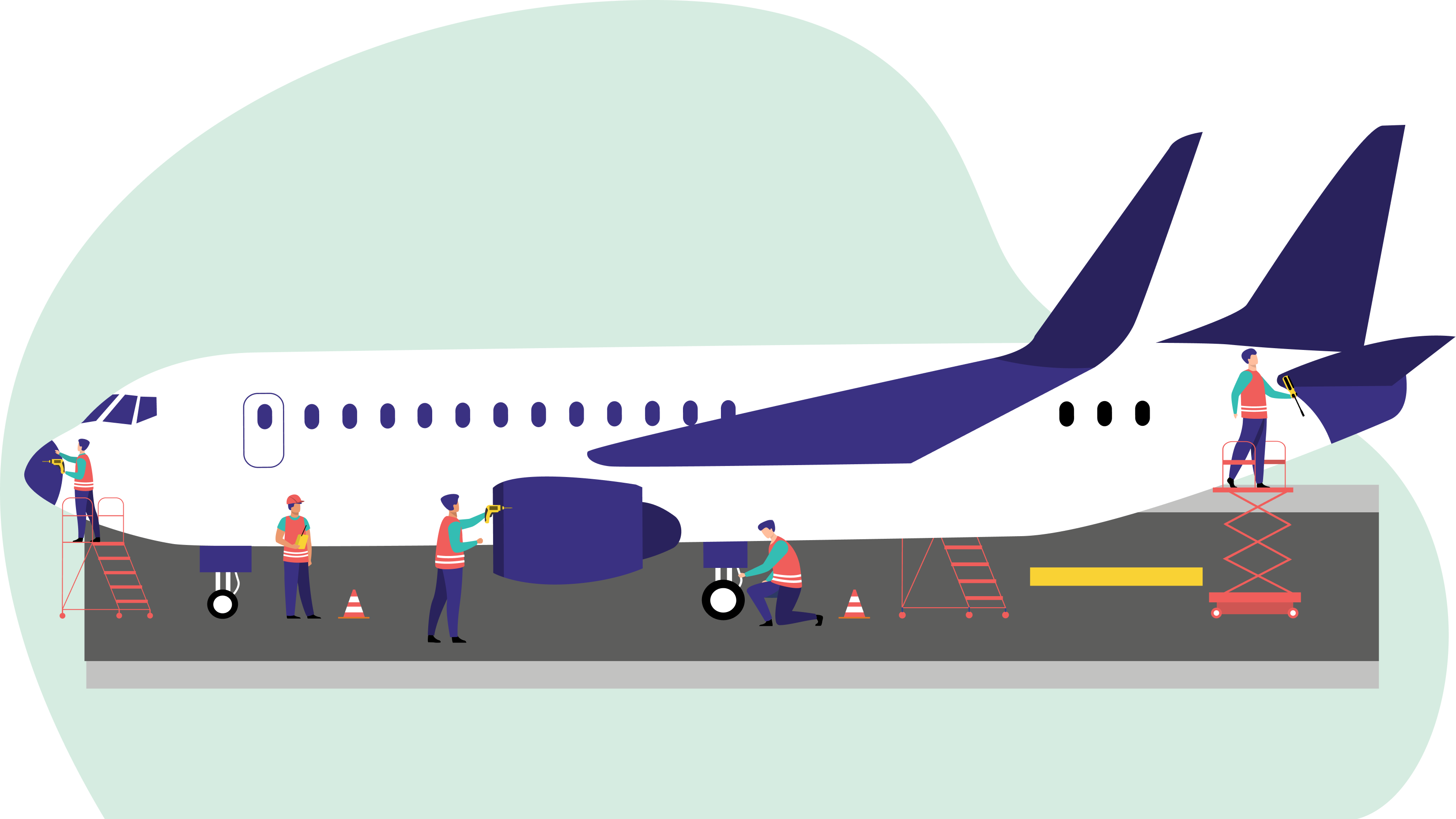
Aerospace Engineers manufacture, design, and test aircraft, spacecraft, satellites, and missiles.
- Design and translate conceptual ideas into detailed blueprints of aircraft and Aerospace products
- Coordinate with various Engineering disciplines to ensure seamless integration of different components of aircraft and Aerospace products
- Analyse the feasibility and technicality of projects.
- Ensure the results of proposed projects are in safe operations.
- Evaluate designs to ensure they meet Engineering principles, customer requirements, and environmental regulations.
Note
Aerospace Engineering combines the study of Aeronautics (aircraft) and Astronautics (spacecraft), focusing on the design and development of flight vehicles. Professionals in this field work on cutting-edge technology to innovate within both air and space travel.
Nature of work
You will apply Aerodynamics, Avionics, propulsion and materials Science concepts to create advanced Aerospace parts and systems.Key advice
In Singapore, as Aerospace Engineers, you can work in top aircraft engine companies such as Rolls Royce, Pratt & Whitney, and even Bell Textron which services helicopters!-
Entry RequirementsEntry Requirements
- A bachelor's degree in Aerospace Engineering is preferred.
- Alternatively, take up other engineering disciplines such as Mechanical or Electrical Engineering! Mechanical or Electrical Engineering offers a variety of courses associated with an Aerospace Engineer. A few of them are line maintenance, Non-Destructive Testing (NDT) inspection, and cable wiring.
-
Possible PathwayPossible Pathway

Engineering Principles
Strong understanding of basic Aerospace Engineering concepts.Data Mining
Extracting and analysing large sets of data to inform design decisions and improve how Aerospace projects work.Prototyping
Developing & testing prototypes with computer-aided design (CAD) and other tools to bring Aerospace concepts to life.Problem-Solving
Being able to find solutions to difficult or complex issues in Aerospace Engineering, like designing new parts.Attention to Detail
Paying close attention to small parts of Aerospace designs, making sure everything meets safety standards.Collaboration
Working well with others, including other Engineers, Scientists or project leaders on various parts of projects.
Related Job Roles
Explore Other Programmes
Browse AllYou have bookmarked your first item!
Find it in My Discoveries with insights on your interests!












